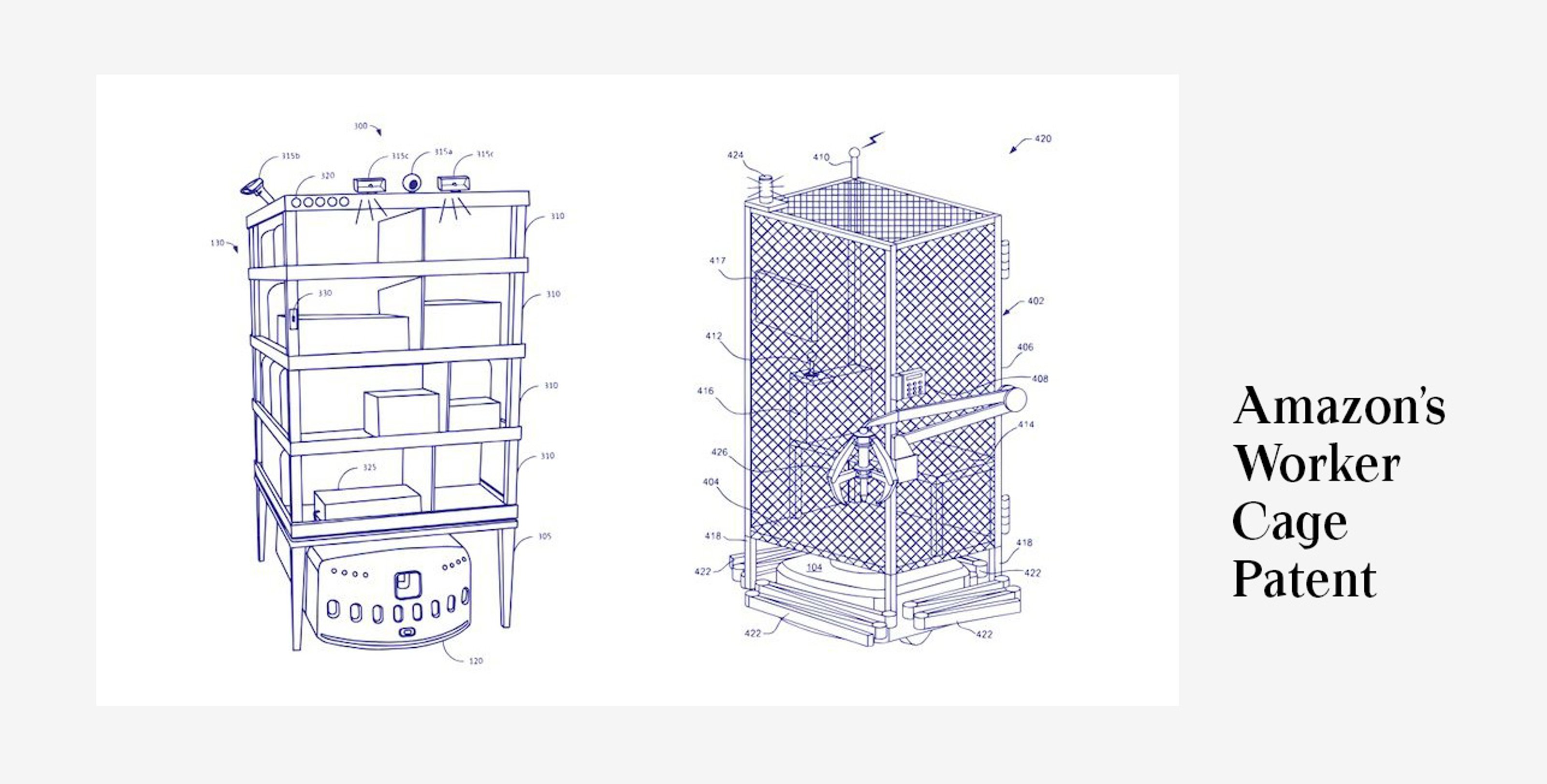The future of work has millions of people on edge. As artificial intelligence seeps into our workplaces and the media promotes job automation, one way to grasp these changes is to look closer at the system reshaping work.
The author, David Harvey, has defined neoliberalism as a _class project—_to accumulate wealth and power in a small, elite class. Harvey states that one of the catalysts for the rise of neoliberalism in the United States was Lewis Powell’s 1971 memo to the conservative business community, sent during the height of significant labor power, strong unions, and a growing anti-capitalist movement. Powell’s memo kick-started an organized effort against labor to take America back through privatization, deregulation, and austerity. We’ve been living through versions of neoliberalism ever since.
Over the past several decades, corporate profits have skyrocketed while worker wages have stagnated. Even when the bankers nearly collapsed the world financial system, as we saw in 2007-08, they still made out with bonuses, while getting bailed out. Occupy Wall Street attacked the ultra-rich with the message, “We are the 99%.”
Enter 2020, and the struggle over work continues.

Amazon, a market darling, pursues relentless growth in sharp contrast to a well-documented record of anti-union policy, worker abuse and injuries. As one of the world’s wealthiest companies, Amazon recently started a bidding war to lure billions in incentives from American cities, struggling with crumbling infrastructure or overcrowded schools. All the while, they’re rigorously privatizing thousands of nefarious technologies from airborne warehouses to worker cages taking automation and alienation to new levels.

In this system, everyone is an entrepreneur. And if you fall behind, it’s on you – not the market. Along these lines, Franco “Bifo” Berardi talks about how today’s factories no longer run on hands, but on souls. David Harvey argues that all this individualism spilled over from ’68 when people demanded civil liberties and social justice. Big capital, over the following decades, responded by providing individual freedoms in the market while forgetting the social justice part. The gig economy promotes this flexibility and individualism while removing hard-won labor protections. Labor platforms, such as Uber, fight against even recognizing their own workers as employees.
New technologies, such as artificial intelligence, are quietly seeping into the workplace. While millions of jobs are not likely to disappear overnight, workers will see their work shift in more coordination with machines, while parts of jobs will become automated over time. Furthermore, surveillance technologies that were originally built for military use, increasingly surveil workers, adding psychological stress.
image: Brett Wallace – Mechanical Turk Workstation, 2019
Every worker understands there’s no off-season. Employers continue to look to remove workers from the game before they burnout. Regeneration is key. In some companies, another survival mechanism is to keep building new skills, becoming a utility player.
There’s hope: Labor’s history is full of setbacks and full of wins too. New movements, organizations, and approaches, such as worker centers, platform cooperatives and vertical integration have emerged to continue the fight for a more just, inclusive, and dignified future. Keep fighting.
This article is part of a series of special features for the exhibition ‘1-31’ curated by Adam Carr.
—–
Brett Wallace is a New York-based artist whose practice involves an exploration of labor, technology, and the greater economy. Wallace is also the founder of AMAZING INDUSTRIES—a research engine and artwork that advocates for the future for workers.